BRIEF ENCOUNTER (1945)
Meeting a stranger in a railway station, a woman is tempted to cheat on her husband.
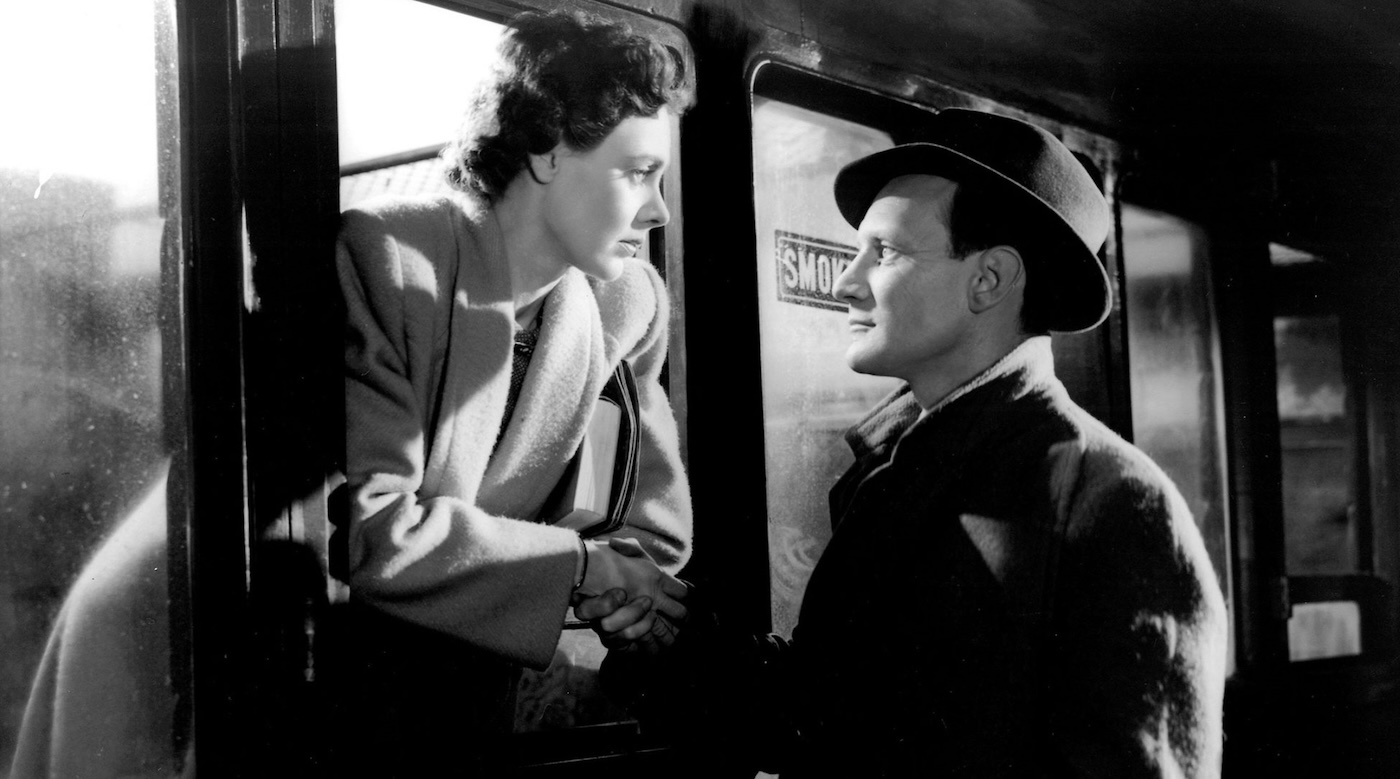
Meeting a stranger in a railway station, a woman is tempted to cheat on her husband.

David Lean’s Brief Encounter aims to capture what feels like a lifetime’s worth of emotions across a short chronology and running time, succeeding handsomely. Laura Jesson (Celia Johnson) and Dr Alec Harvey (Trevor Howard) lead ordinary, conventional lives where they get on just fine without the other’s presence. But when a chance encounter, and more coincidental meetings, lead to a spark developing between them, it’s as if everything that existed before this moment of connection has been flattened and left to drift away into the open air, unburdening the unlikely lovers.
When they’re together it’s as if nothing else matters, but the lives they have built up before meeting keep getting in the way of their love. Since the pair are both married with children, they can only afford enough time for themselves to meet up once a week, always on the same day, with a typical routine that involves having lunch together and watching a film at the cinema. Like their daily lives, this affair is very ordinary on the surface, but it ripples with the things Laura and Alec do not dare to say to one another, lest these magical moments end in guilt or sorrow, until they cannot bear to go on without articulating the sudden depth of their love.
Brief Encounter frames itself as a tragedy, with the beginning and end of the film pairing wonderfully in retrospect. It’s clear from the opening scene that we have arrived very late into the story of Laura and Alec. Johnson and Howard are phenomenal performers, communicating this lived-in pain instantly. It takes mere seconds to sense the weight of their sorrow and the history of a relationship that informs it. This is a heavy burden for any film to shoulder in its opening scene, where it would be a remarkable failure if it couldn’t find a way to justify such bottomless sorrow late in its chronology.
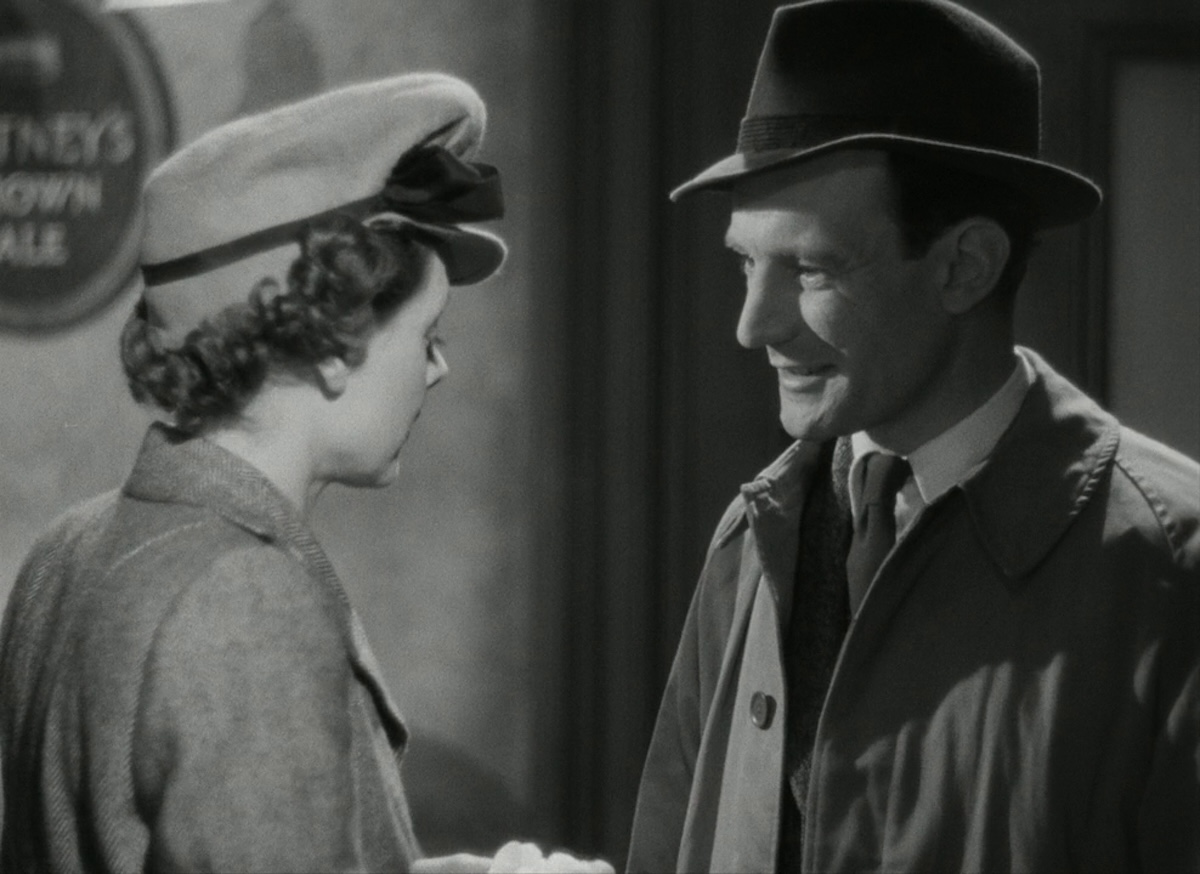
Narration, especially when it’s first introduced into a film, can be jarring, undercutting the natural development of dialogue that precedes it, making the storytelling device feel clumsy at best or, at worst, as if it’s cheating in some way. Voiceover narration can so easily —and often so artlessly—communicate an emotion that’s usually better served by being unlocked through more creative means. But here Laura’s narration has a perfect introduction, since the first time we meet her we can already see that she’s experiencing soul-deadening dread. Anything that she says aloud is window dressing for that pain, a half-hearted performance of concealment. It’s only through voiceover narration that she truly speaks for the first time in Brief Encounter, with Lean almost punishing audiences with a close-up of Johnson’s sorrow-stricken face at this very instance.
Pushing just a little closer on this protagonist and toying with the scene’s lighting works wonders, drawing us into Laura’s vivid interior world. She speaks to no one but herself, yet to sum up this reminiscing as a monologue doesn’t feel right. The word implies too much grandness, too much certainty, for what Laura is articulating. Her hushed tone also works against all that this description often implies, where it feels as if we have been granted exclusive access to her private testimony, her internal confession. Johnson’s naturalistic voiceover conveys as pure a need for salvation from her misery as her and Howard’s expressions exhibited. Of course, the real tragedy is that they were staring at this form of salvation moments before this, when they were lucky enough to behold one another.
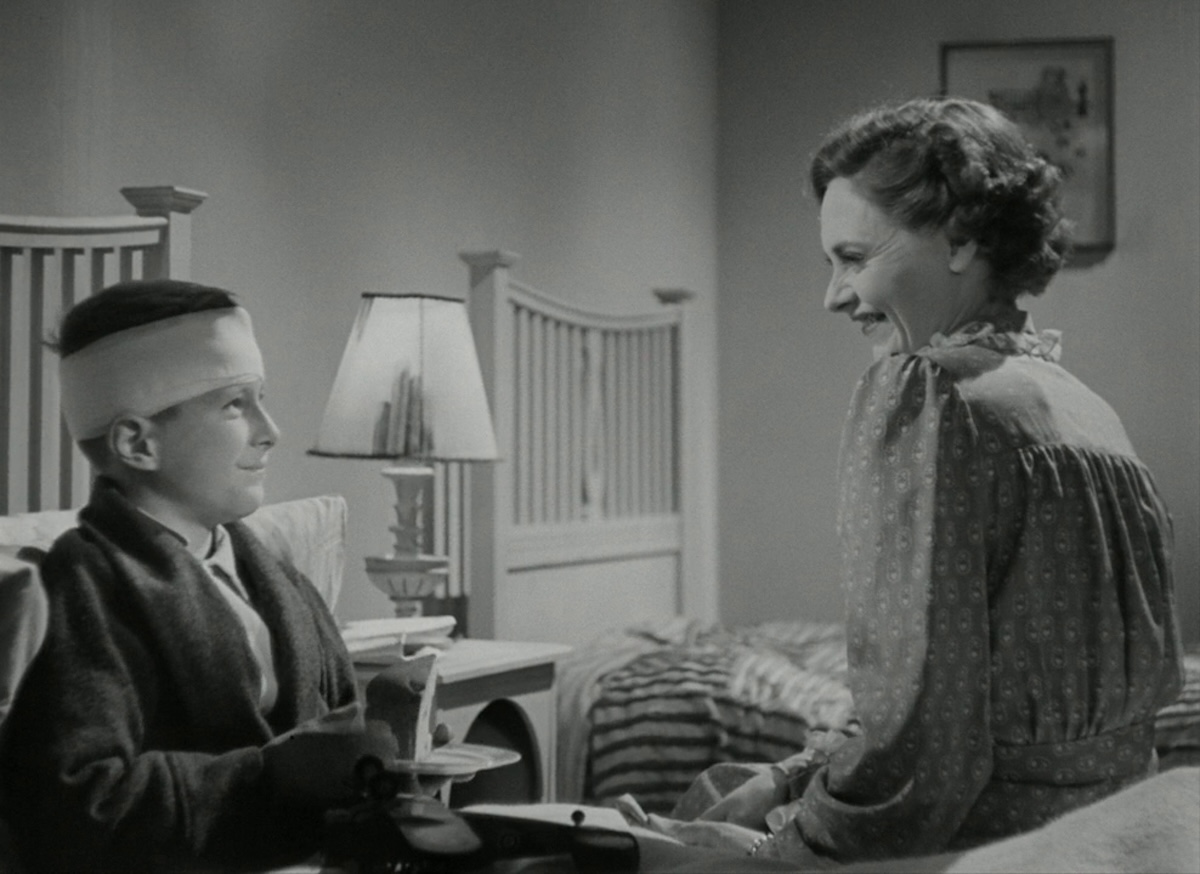
As if this story couldn’t get more cruel, a chance encounter occurs during this sorrowful meeting between Laura and Alec, with the former’s acquaintance, Dolly Messiter (Everley Gregg), spotting the pair in a train station café. This café is quite possibly the defining location of either character’s lives, since it’s where they first spotted each other. Forced to abandon their conversation in favour of the insipid, rapid-fire gossip spurted out of Dolly’s mouth, the scene perfectly encapsulates the anxiety and frustration romance movies of this kind elicit in viewers. You want so much to control these central characters for just a few moments, forcing them to jump into each other’s arms and race off into the sunset (or, at the very least, find a way to convince Dolly to shut up so they can return to their conversation).
It’s a credit to Lean’s direction that he never overplays this awful feeling of restlessness that this sequence inspires. His visual cues are simple yet highly effective, whether he’s transporting viewers into the realm of Laura’s inner thoughts or gradually bringing her back to reality. This protagonist’s first piece of narration is especially adept at conveying the dissociation that gradually takes over her thoughts, where Dolly’s voice becomes so distant that she momentarily transforms into a close-up shot of a mouth that never stops moving, yet which doesn’t communicate anything at all.
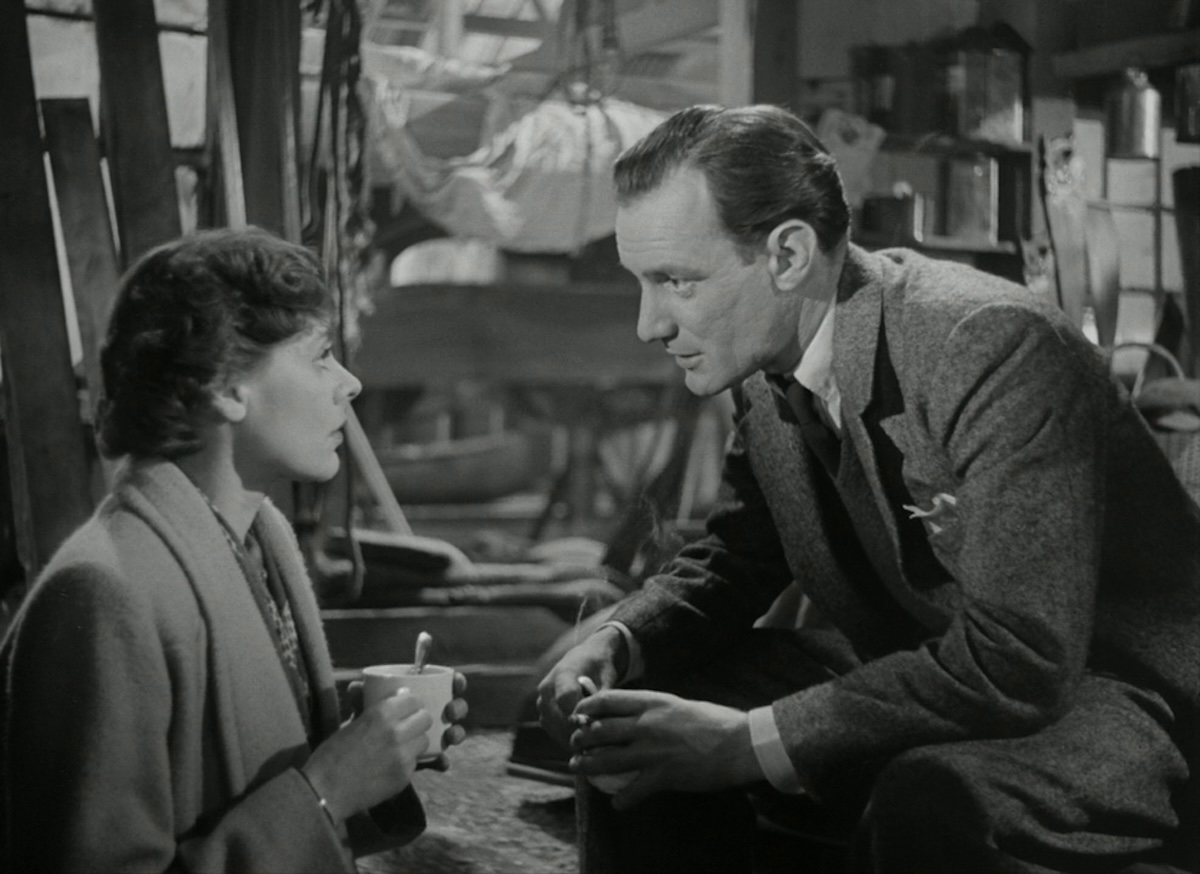
Johnson and Howard do such a wonderful job of portraying people who fail to hide their emotions that the film is almost always best served by their facial expressions and mannerisms alone. Accentuating this is Brief Encounter’s wonderful, tightly composed screenplay, written by Lean, Noël Coward, Anthony Havelock-Allen, and Ronald Neame, and adapted from Coward’s play Still Life. In one simple yet touching moment, Laura remarks approvingly on how composed Alec is in Dolly’s presence. Alec was demonstrating the same good-natured charm and politeness that first endeared her to this stranger, only in this later instance it’s a mask to hide his inner turmoil. When we first glimpse this pair, there’s no such thing as a small gesture; everything is imbued so deeply with feeling it threatens to choke them both. These characters’ ability to uphold some degree of grace and poise is as heart-breaking as all that lies underneath these affectations.
Interspersed across the film is a subplot involving two workers at the train station, who appear very hot and cold in their treatment of one another, highlighting both their attraction and their need to keep it under wraps. It’s a welcome break from the throes of longing that overcome Laura and Alec, who struggle to reconcile their extramarital passion with their conventional lives. What’s most interesting is that love doesn’t change their essential characteristics, but opens doorways to new perceptions of life and love that can never be forgotten.
Brief Encounter is a gorgeous film, with shots so beautiful that they wouldn’t look amiss if they were printed and framed in one’s home. But perhaps it’s better not to possess a frequent reminder of this sorrowful tale, whose pinpoint accuracy in depicting the effects of Cupid’s bow and its many heartaches has lost none of its charm and heartache with time. At 80 years old, Lean and Coward’s film is a timeless classic, cleverly utilising a veneer of middle-class British civility as a cover for one of the most emotionally potent and arresting love stories of its time, or of any time.
UK | 1945 | 86 MINUTES | 1.37:1 | BLACK & WHITE | ENGLISH • FRENCH

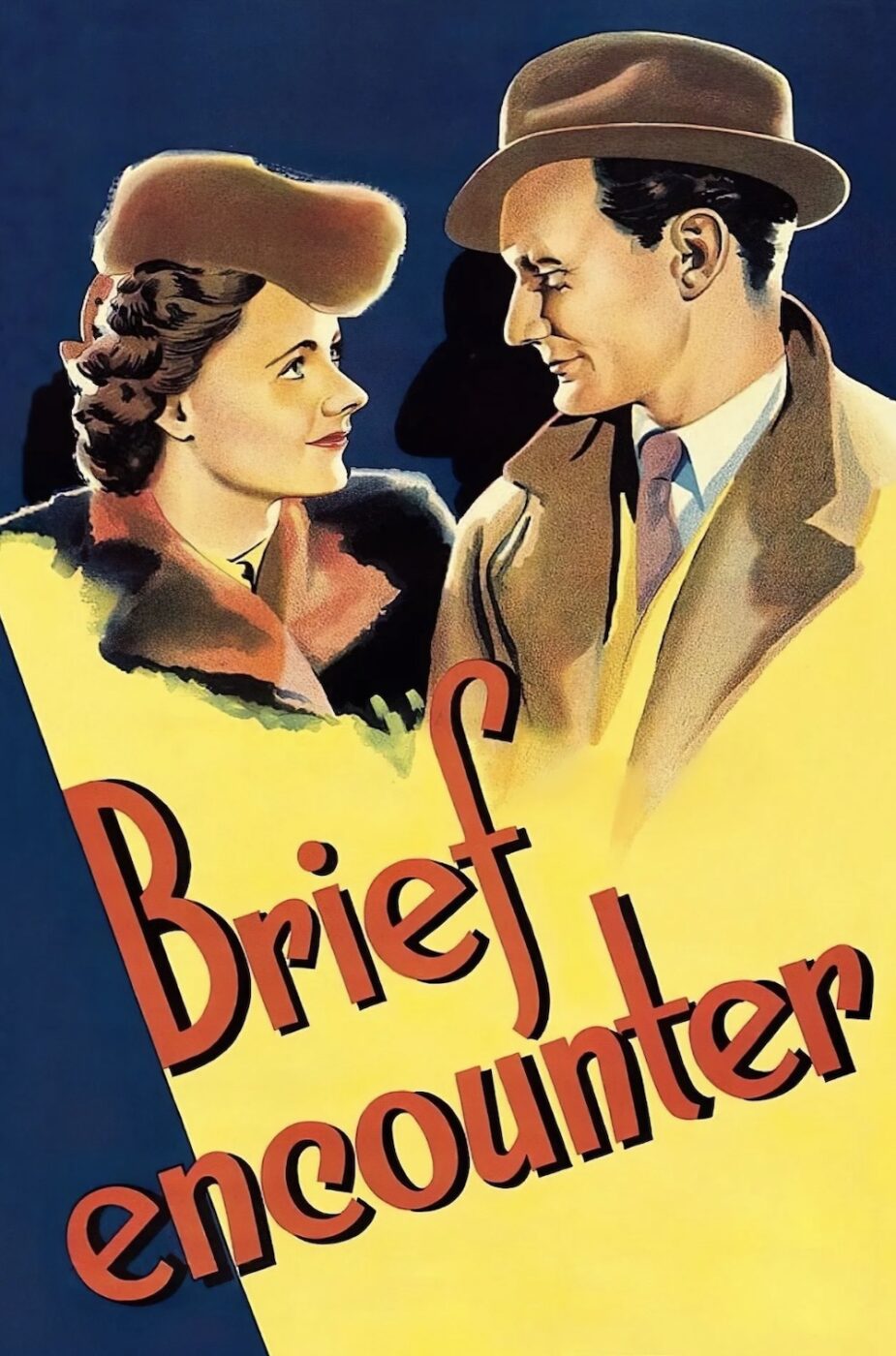
director: David Lean.
writers: Noël Coward, Anthony Havelock-Allan, David Lean & Ronald Neame (based on the play ‘Still Life’ by Noël Coward).
starring: Celia Johnson, Trevor Howard, Cyril Raymond, Everley Gregg, Stanley Holloway, Joyce Carey, Margaret Barton & Marjorie Mars.
